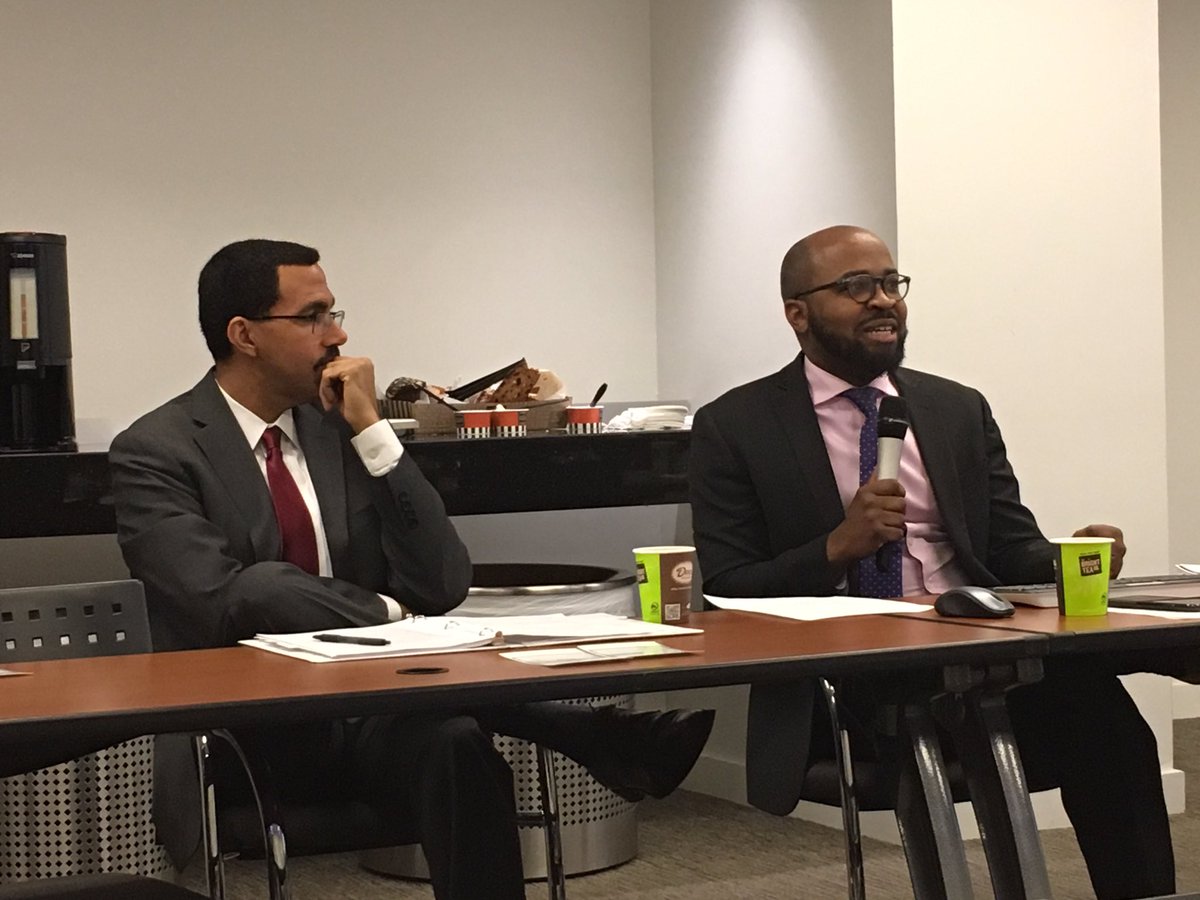Generation Citizen hosts Fireside Chat with John King, Education Trust President and former U.S. Secretary of Education
Last month, Generation Citizen’s policy and advocacy department executed two public affairs events in Washington D.C. On April 4th, we convened a Fireside Chat with John King, President and CEO of the Education Trust and 10th U.S. Secretary of Education. The conversation focused on a few key objectives: exploring how federal education policy can help states advance civics education, articulating steps which policymakers and advocates can take to prioritize equity in civics, and discussing how to build a diverse, big-tent coalition for strengthening civic learning. We were joined by a diverse and distinguished array of stakeholders, including representatives from the Brookings Institute, Aspen Institute, Mikva Challenge DC, Communities for Just Schools, National Conference on Citizenship, and other institutions. A video recording of the Fireside Chat can be viewed here.
Following the fireside chat, Generation Citizen’s Political Advisory Councilheld a working group session to talk about how to message the imperative of reforming civics education policy with an emphasis on the importance of equity, balancing state-level leadership with political cultures that prioritize local-decision making, and developing an expansive roundtable of civics education advocates consisting of legislators, educators, administrators, students, community members, and other key stakeholders. To accompany this event, we unveiled more information about our Advisory Council on our website, including a description of its charge, members, and key priorities.
It’s an exciting time of in the field of civics education. Statehouses across the country are considering legislation to strengthen understanding and application of the subject, foundations are making or contemplating historic investments in the space, and the public narrative around strengthening civics as an essential pathway for strengthening our democracy is gaining traction. We celebrate these developments and look forward to continued work alongside peer organizations to prioritize civics education in K-12 schools.
